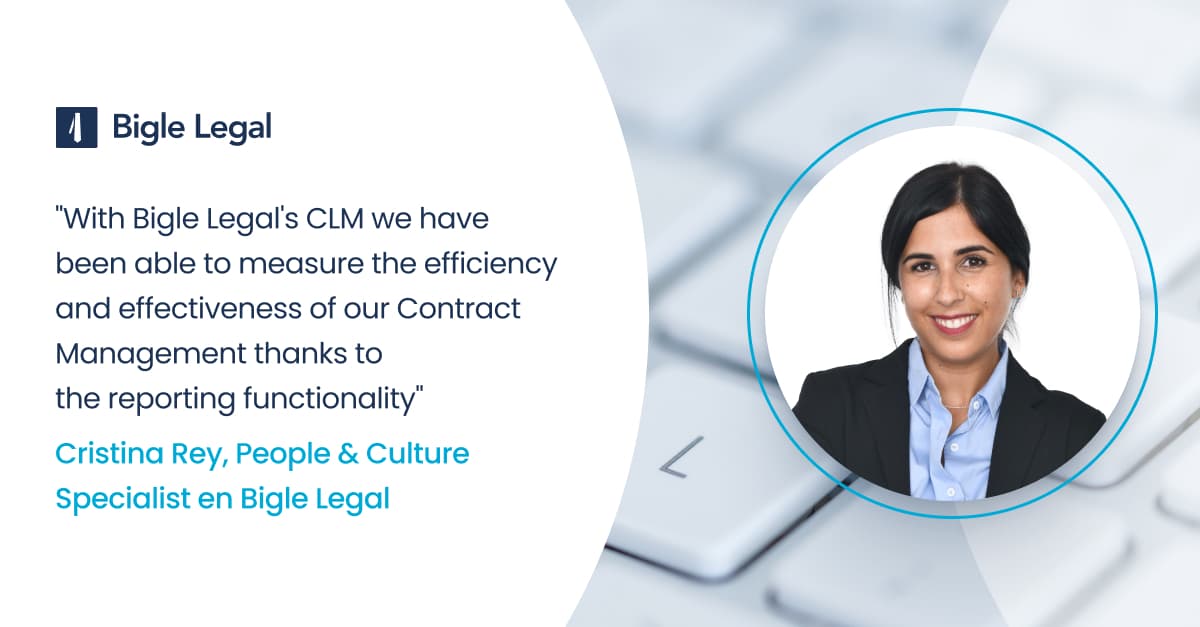The three key legal competencies for the in-house lawyer of 2023

Today's in-house lawyers must have multifaceted knowledge, have continuous training and, in addition, have knowledge of legal tech for the proper management of the company's legal operations. Given the critical importance of legal operations to business, inefficient management of legal operations leads to companies losing up to 9% of their annual profits, according to studies such as that of World Commerce and Contracting.
The loss of efficiency in the management of companies'' legal documents causes them to lose up to 40% of their value. This is because, if inefficiencies are generated in an operation as widespread and critical for the organisation as that of this type of document, the processes are slowed down and interrupted, which leads to the execution of strategic initiatives for the business being hampered. What are the keys that the in-house lawyers must follow to return legal operations to the value they deserve and to be a key factor for corporate business in 2023?
Multidisciplinarity
The first key to in-house lawyers taking the reins of legal operations lies in multidisciplinarity, a quality implicit in these operations. Since, to a greater or lesser extent, purchasing, commercial, human resources, finance and all other company departments work with legal documents, all these areas require the services of the legal department.
For this reason, and in order to facilitate collaboration as much as possible, in-house lawyers should be multidisciplinary, as well as have basic knowledge of team management or project coordination.
Continuous training
The second key point is that, given the many facets of legal transactions, lawyers must demand continuous training from themselves, keep abreast of the latest trends in legal tech and know the latest in processes and security, to work more efficiently and without errors that could cost the company serious legal contingencies.
One example is the implementation of legal self-service systems for areas that require certain standard services, such as drafting standard documents, which greatly relieves the legal area of mechanical and repetitive tasks while ensuring that there are no errors in the preparation of legal documents.
Keep an eye on the tech legal landscape
The third pillar for the lawyer to keep up with the demands of the present is for the lawyer to be aware that legal transactions per se must be updated. Knowing the legal tech landscape, evaluating the team's needs and implementing the solutions that best fit them is a key to improving processes.
According to Deloitte's 2021 State of Legal Operations Survey, the opportunity, the solution lies in technology: 91% of respondents say that the way legal services are provided can be modernised. It is time for leaders to take steps to innovate in legal operations, with 76% of respondents saying that new technology is currently needed in their area.
Given the importance of the in-house lawyer for a company's business, the figure of the in-house lawyer must be versatile and aligned with the company's global strategy. These factors are key for their role to evolve and be taken into account in the organisation as a strategic piece.
 By
By


